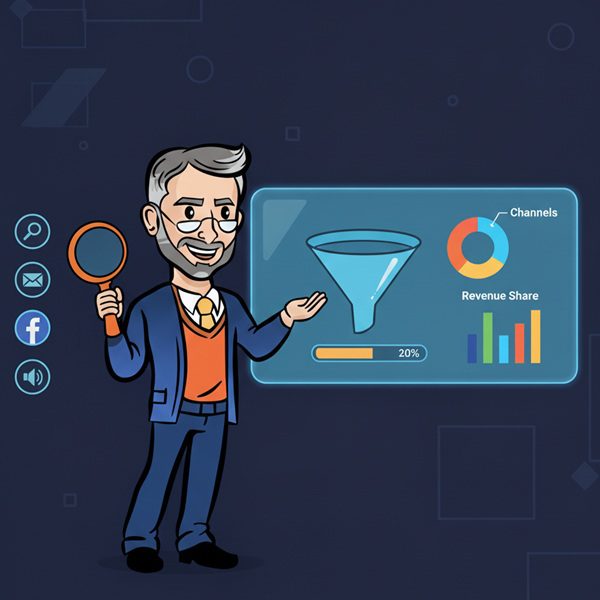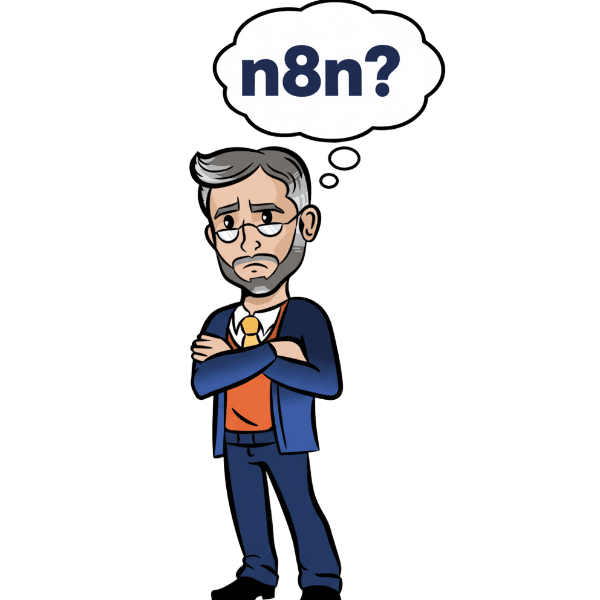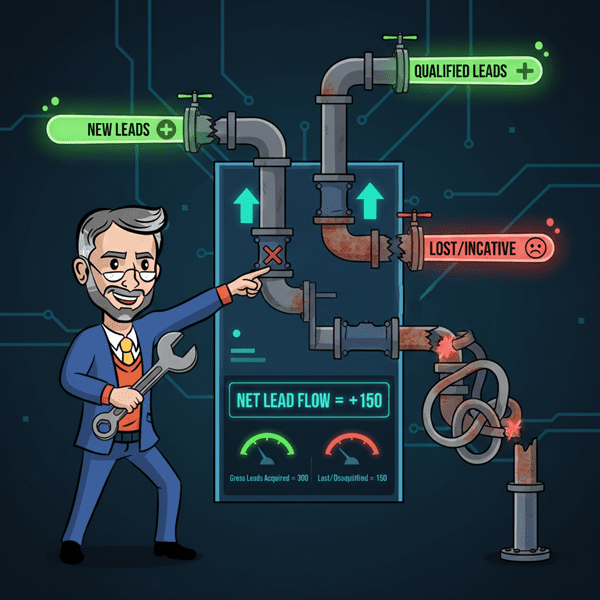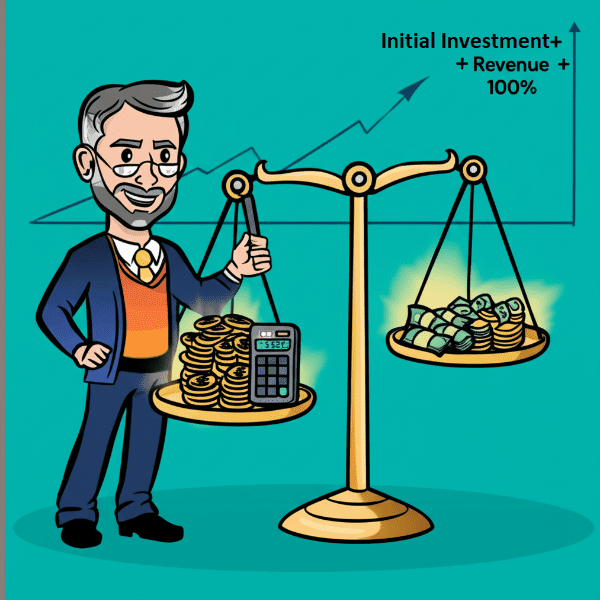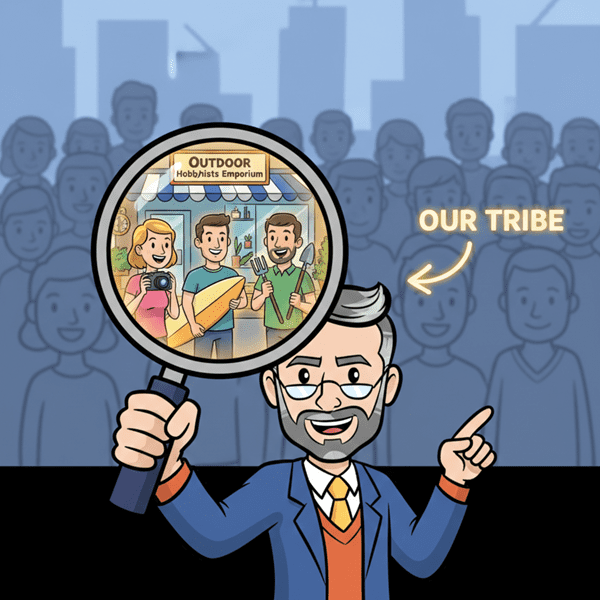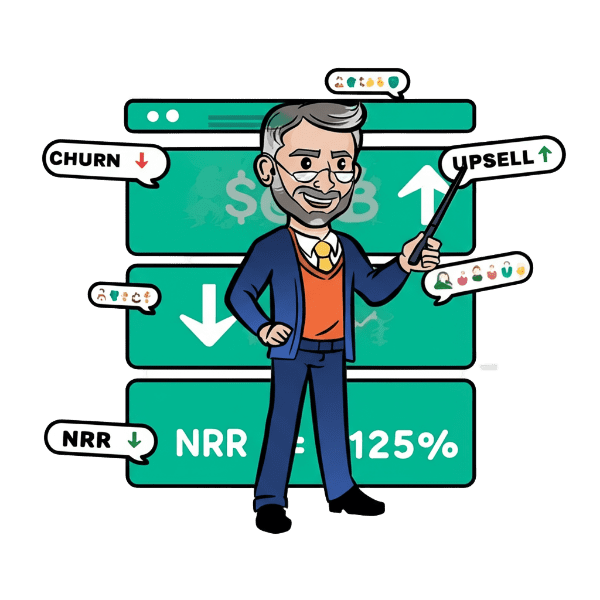Definition: Net Promoter Score (NPS) is a customer satisfaction metric that measures how likely your customers are to recommend your business, product, or service to others. It’s based on a simple survey question: “On a scale of 0–10, how likely are you to recommend us?” Customers who give a 9–10 are considered Promoters, 7–8 are Passives, and 0–6 are Detractors. NPS is calculated by subtracting the percentage of Detractors from the percentage of Promoters.
Example in a Sentence: The marketing team tracked their Net Promoter Score (NPS) to understand customer loyalty and identify areas where the customer experience could be improved.
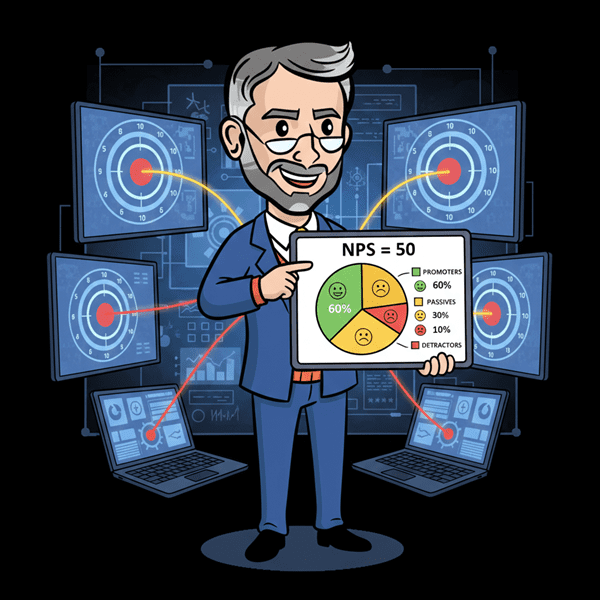
Why is Net Promoter Score (NPS) Important?
Simple Yet Powerful Metric
NPS provides a quick snapshot of overall customer loyalty with just one question, making it easy to measure consistently.
Predicts Growth
A high Net Promoter Score (NPS) indicates strong customer advocacy—your happy customers are more likely to generate referrals and repeat business.
Identifies Weak Spots
By analysing feedback from Detractors and Passives, businesses can uncover pain points and improve the customer journey.
Benchmarks Performance
NPS is widely used across industries, meaning you can compare your score against competitors and industry averages to see where you stand.
Turning Customer Sentiment Into Strategy
Tracking Net Promoter Score (NPS) doesn’t just measure satisfaction—it gives you actionable insights to strengthen retention, boost referrals, and drive sustainable growth. When combined with other metrics like Customer Lifetime Value (CLV) and Customer Satisfaction Score (CSAT), NPS becomes a powerful tool in shaping a customer-first strategy.
More Definitions
(From the Sales & Marketing Jargon Encyclopedia)
- Qualified Lead: A prospect who meets certain criteria and demonstrates intent or potential to become a customer.
- Link Juice: The SEO value or authority passed through hyperlinks to boost search rankings.
- One and Done: A sales or marketing approach that lacks follow-up or nurturing—often ineffective.
- Brand Engagement: The level of interaction and emotional connection customers have with a brand.
- Client Retention Strategy: A plan to keep existing clients loyal and encourage repeat business.
Useful Posts
(From the Sales Funnel Professor Blog)
- Top of Funnel: Organic Social Strategies: Learn how to build brand awareness using unpaid social media content and outreach.


